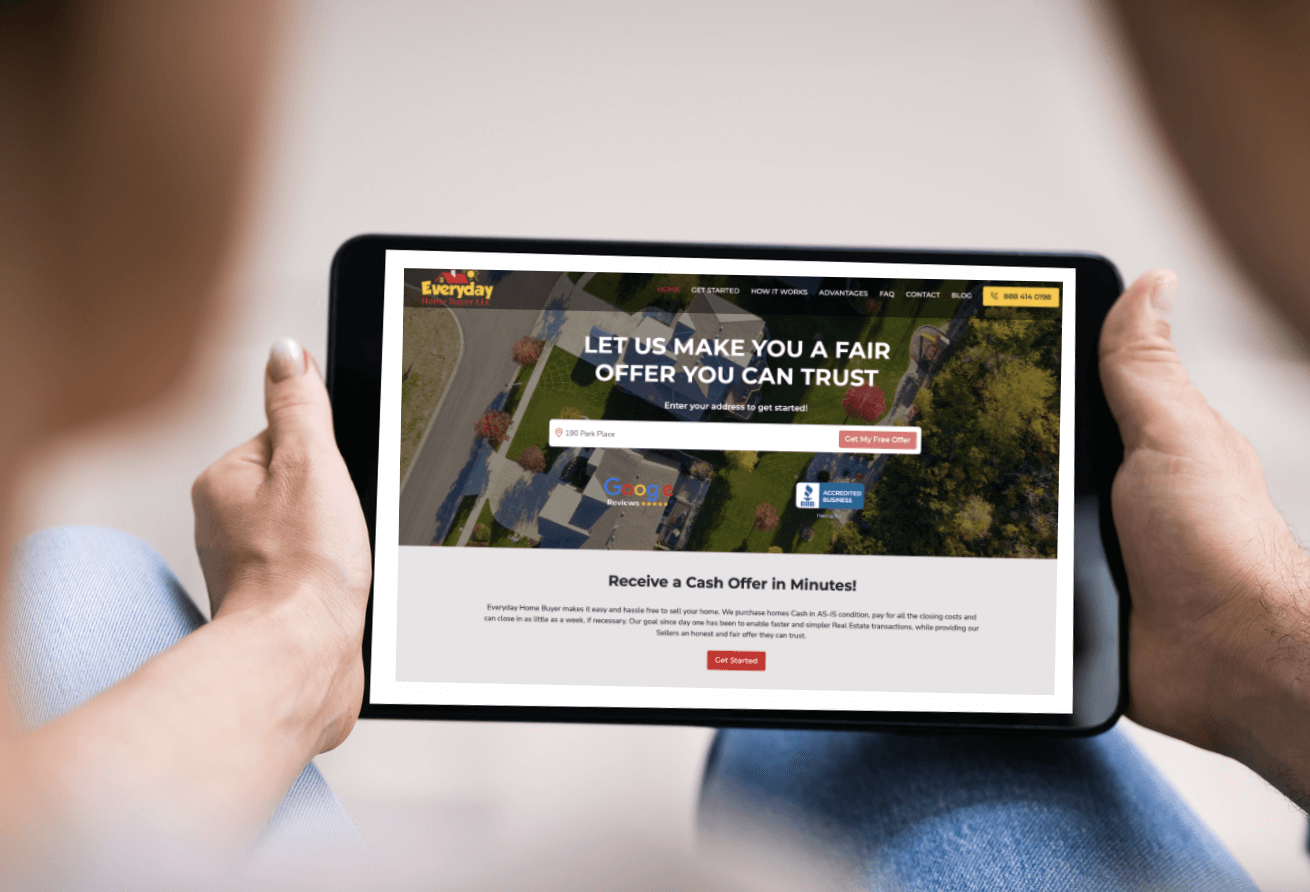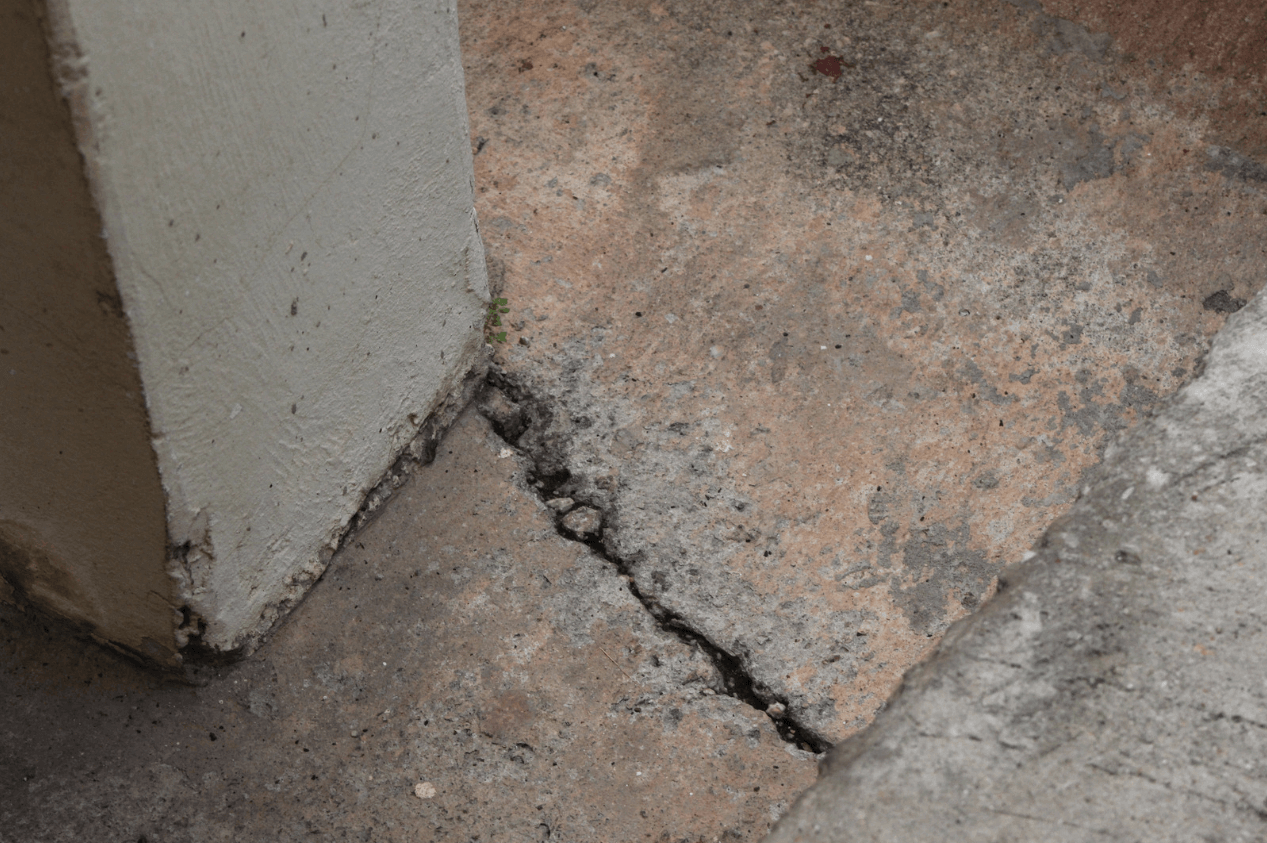A Step-by-Step Guide to Florida's Probate Process

A Step-by-Step Guide to Florida's Probate Process
With its warm temperature, no state tax, and sandy beaches, Florida has become home for millions of residents. However, things can become complicated when it comes to handling someone's estate after they pass away. So, if you are a resident of the Sunshine State, here's what you need to know about the probate process in Florida.
In This Article:
- What is Probate?
- Understanding Various Steps of the Probate Process
- Wrapping Up
- Frequently Asked Questions
What is Probate?
Probate is the court-supervised procedure of distributing the assets of any deceased person as per his last will. The probate process in Florida may differ compared to other states; some states have a more complex and longer probate process, while some have a shorter and seamless process. Florida has different types of probates according to the size and value of the estate.
Understanding Various Steps of the Probate Process
Here in this section, we will explore various steps of the Probate process:
Step 1: Initiating the Probate Process
The Florida probate process usually starts with filing a petition to the local probate court in the county where the deceased person resides. This primary document requires the court to accept the will and to choose a personal representative to handle the estate. If no will exists, the court chooses a personal representative as per Florida laws on intestate succession.
Step 2: Appointing a Personal Representative
The personal representative has a very crucial role in the Florida probate process. The personal representative can be nominated in the decedent's will in Florida, but the court has the final say. If there is no will or the nominated person is unable or unwilling to serve, the court will appoint a personal representative. Hence, why it’s essential to choose someone you can rely on to manage the complex tasks of settling an estate.
Step 3: Identifying and Inventorying Assets
Once a personal representative is appointed, he must identify, check and take control of the personal assets of the deceased one. This process consists of making an inventory of the estate's assets, which involves bank accounts, real estate, personal belongings, financial investments, etc. It is necessary to be active throughout the Florida probate process to ensure no asset or investment is overlooked. If you want to sell your house in Florida, then you have to complete the probate in order to convey title.
Step 4: Notifying Creditors and Settling Debts
One of the prominent responsibilities of a personal representative is to inform unknown and known creditors about the death of the decedent. It provides creditors an opportunity to raise claims against the estate. After this, the personal representative further validates and cross-examines these claims to settle outstanding debts. It is crucial to note that Florida has a specific timeline for the creditors to file a claim; if anyone fails, he may be barred.
Step 5: Distributing the Estate
Once debts and expenses are settled, the remaining assets are distributed to the heirs or beneficiaries according to the terms outlined in the will or, in the absence of a will, according to Florida's intestate succession laws. The personal representative plays a pivotal role in facilitating this distribution, ensuring that it is done in accordance with the law.
Step 6: Closing the Estate
The final step in the probate process in Florida is closing the estate. This involves filing a final accounting with the court, detailing all the financial transactions that occurred during the probate process. Additionally, the personal representative must obtain a release from creditors and heirs, confirming that they have no further claims against the estate. Once the court approves the final accounting, the estate is considered closed.
Wrapping Up
The probate process in Florida can be a complex and emotionally challenging task. However, the step-by-step process mentioned in this guide can give you guidance and clarity for setting up an estate. Moreover, each probate case is unique, and with the assistance of professionals, you can easily navigate the entire process. Everyday Home Buyer is a reputable organization that can provide you with knowledgeable and experienced guidance. We specialize in buying probate properties in Florida and are here to help answer any questions.
Frequently Asked Questions
1. What is the probate process, and why is it necessary in Florida?
The Florida probate process is a legal procedure for settling the estate of a deceased person. It is necessary to ensure a systematic and lawful distribution of the deceased's assets, payment of debts, and resolution of other financial matters.
2. What happens if there is no will?
In the absence of a will, the court appoints a personal representative to manage the probate process. The estate is then distributed according to Florida's intestate laws, which determine the heirs and their respective shares.
3. How are creditors and beneficiaries notified during the probate process?
Creditors are notified by the personal representative, who publishes a notice in a local newspaper inviting potential creditors to come forward with their claims. Beneficiaries are informed directly by the personal representative or through the probate court.
4. Can we sell a probate property in Florida?
Yes, it is possible to sell a probate property in Florida. However, specific legal procedures must be followed to ensure a lawful and valid sale.
Search
Recent Blog
-

The Pros and Cons of a Cash Offer on a House
Jun 11, 2025 -

-

-

How to Sell a House with Foundation Issues
Jan 08, 2024 -

What Factors Affect the Real Estate Market?
Jan 08, 2024
Get a Cash offer on Your House Today
Contact us for a FREE, no-obligation consultation. Everyday Home Buyer simplifies the process!
